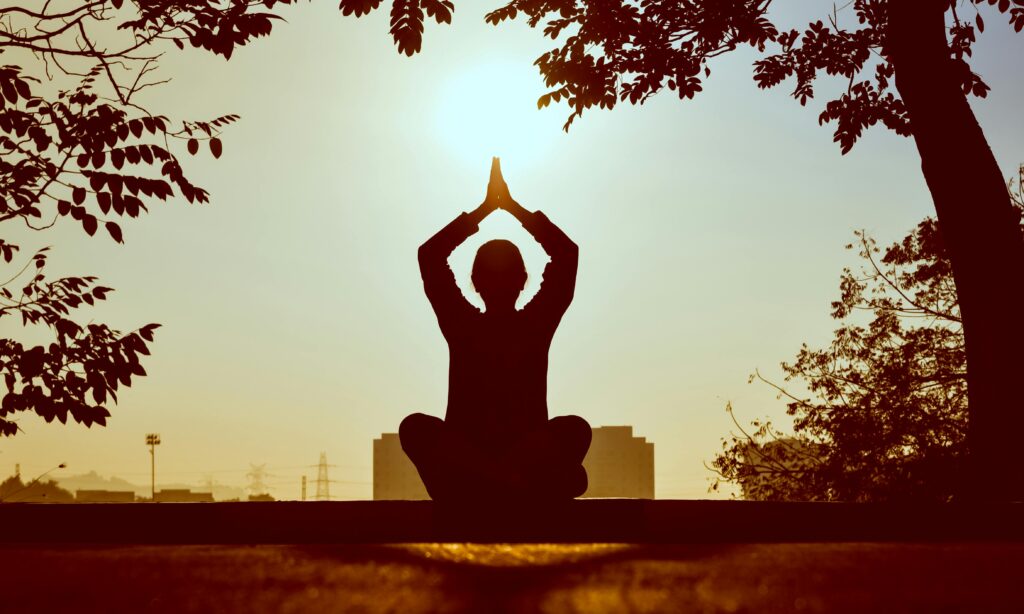Yoga is an ancient practice originating from India more than 5,000 years ago and has since become a global phenomenon for the betterment of physical, mental, and emotional health. It is the combination of physical postures, breathing techniques, and meditation that helps bring about a holistic approach to wellness. Scientific research has validated benefits of yoga beyond flexibility and stress relief. The article looks into the benefits of yoga supported by facts and evidence, explaining why it remains a cornerstone of healthy living.
1. Physical Health
Yoga will improve strength, flexibility, and balance in the physical body. The different poses work various muscles and make one more mobile while at the same time building up strength around the core. Practice will also aid people in managing chronic pain and improve posture.
A research study in the International Journal of Yoga (2014) found that within only 12 weeks of practicing yoga, the participant showed remarkable flexibility, balance, and strength improvements. Also, it has been observed that through the practice of yoga, symptoms of musculoskeletal disorders decrease, like lower back pain. According to reports in Annals of Internal Medicine, yoga is as effective as physical therapy for chronic lower back pain.

2. Relieves Stress and Anxiety
Probably the most accepted benefit of yoga is that it reduces stress and anxiety. This is through deep breathing exercises and meditation, teaching one to be more mindful and relaxed in stressful situations.
A meta-analysis in Frontiers in Psychiatry, 2020, found that symptoms of anxiety and depression were greatly diminished by the practice of yoga. The breath work of yoga, including pranayama, calms the nervous system and allows for more serenity in life. Meditative practices of yoga help people reach a mindful state that has been linked to lower levels of cortisol—the hormone that defines stress.
3. Improves Mental Clarity and Concentration
Yoga trains the mind to stay in the present and thus improves mental clarity and focus. Most regular practitioners note that they experience improved cognitive functions and better decision-making abilities.
A study published in Cognitive Brain Research found the attention span and working memory of the participants to improve after eight weeks of yoga and meditation practice. The deep concentration needed during a yoga session is helpful in developing mindfulness, which can improve productivity and reduce mental fatigue in daily life.

4. Heart Health Improvement
Yoga is beneficial for cardiovascular health. This includes exercise through movement, breathing, and stress release activity that contributes to better heart function and lower blood pressure.
According to the Journal of Evidence-Based Complementary & Alternative Medicine in 2017, yoga considerably lowered blood pressure and cholesterol levels of hypertensive patients. It also reduced resting heart rates, lowering the risk of heart disease. These are most pronounced with restorative yoga practices that promote deep relaxation.
5. Helps in Managing Weight
While yoga does not help burn as much as intense exercises do, it can contribute to proper weight management through mindfulness and avoidance of stress-related overeating. A few dynamic styles of yoga, such as Vinyasa or Ashtanga, allow for a more energetic workout, elevating the metabolism rate.
A study that appeared in the journal Preventive Medicine in 2016 concluded that regular practicing of yoga contributed to healthy weight maintenance. Since yoga encourages individuals to be conscious of their activities, it facilitates healthier dietary and lifestyle choices.

6. Better Sleep Quality
Yoga can also enhance the quality of sleep. It is, therefore, a great exercise for people who have insomnia or disturbed sleep. Relaxation techniques such as yoga calm the mind and prepare the body for restful sleep.
The journal article Sleep Science published in 2019 reported that yoga improved the quality of sleep and reduced symptoms of insomnia in adults. The regular exercise was correlated to longer sleeping hours and fewer sleep disturbances during the night.



